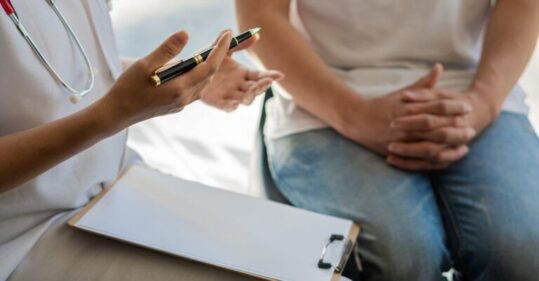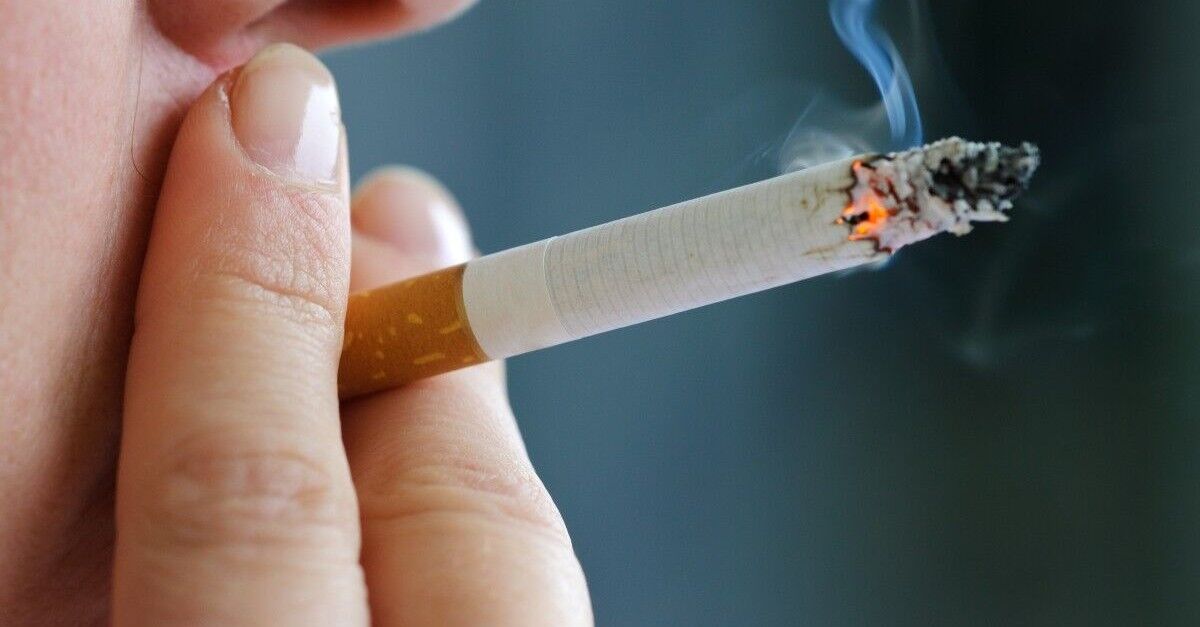Women’s health hubs, which integrated care boards (ICBs) must commission by the summer, can be housed within GP surgeries, NHS England has said.
ICBs will be expected to have at least one women’s health hub operational and providing clinical support against at least two core services (see box below) by the end of July, according to guidance issued earlier this week.
And by December, they are expected to have at least one hub triaging against all core services from the specification.
But the new guidance said the hubs ‘do not have to be a building or specific place’.
‘They may employ digital resources to provide virtual triage or consultations, or alternatively they may make use of existing facilities, for example GP surgeries or community centres,’ the guidance said.
However, ‘a website, other forms of digital signposting, or engagement events/awareness raising alone do not qualify as a women’s health hub as they do not provide health services’, it stressed.
It added that funding of a pre-existing service without expansion of services or population reached ‘does not qualify as a new or expanded hub against either target’.
Each hub does not have to cover the entire population of the ICB.
Core services can be provided virtually (i.e. patient consultations in online, telephone and/or video format, 1:1 or in a group),’ the guidance said.
‘However, in order to meet the definition and aims of a hub in the core specification, the ICB would need to have clear plans for incorporating in-person delivery of services into their model by December 2024.’
Each ICB is receiving £595,000 in total to set up women’s health hubs.
The second instalment of funding for the hubs will be delivered this month (April), after the first part was issued in 2023/24.
NHS England said: ‘We have prioritised this investment in hubs given their importance in improving access to services and reducing health inequalities by bringing together healthcare professionals and integrating existing services.’
The letter added that ICBs would be required to feed back monthly and quarterly data on the hubs to NHS England until March 2025, with the first monthly reporting due by 31 May 2024 and quarterly collection from July onwards.
It said: ‘These returns will provide assurance against delivery targets and will inform the impact evaluation of the investment, which the Department of Health and Social Care (DHSC) is commissioning.
NHS England plans to publish hub collaborative commissioning guidance, which they will share with regional NHS England and ICB women’s health champions.
Core services for women’s health hubs
- Menstrual problems assessment and treatment, including but not limited to care for heavy, painful or irregular menstrual bleeding, and care for conditions such as endometriosis and polycystic ovary syndrome
- Menopause assessment and treatment
- Contraceptive counselling and provision of the full range of contraceptive methods including LARC fitting for both contraceptive and gynaecological purposes (for example, LARC for heavy menstrual bleeding and menopause), and LARC removal, and emergency hormonal contraception
- Preconception care
- Breast pain assessment and care
- Pessary fitting and removal
- Cervical screening
- Screening and treatment for sexually transmitted infections (STIs), and HIV screening.
Source: DHSC
A version of this article was first published by our sister title Healthcare Leader







